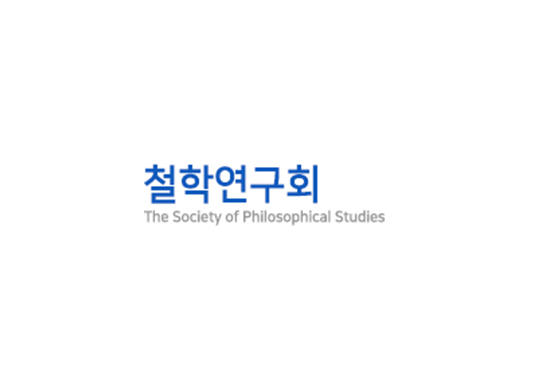칸트의 경험적 직관에서 개념의 역할: 감성적 종합에서 범주의 역할을 중심으로
The Role o f Concepts i n Kant’s Empirical I ntu ition: The Role of Categories in the Sensible Synthesis
강지영
서울시립대학교
철학연구
2024, vol., no.144, pp. 1-26 (26 pages)
철학연구회
초록
“내용없는 사고들은 공허하고, 개념들이 없는 직관은 맹목적이다.”(KrV A51=B75)라는 테제로 잘 알려진 것처럼, 대상을 인식하려면 직관과 개념이 모두 필요하다는 것이 칸트의 인식론적 견해라고 여겨진다. 그러나 몇몇 연구자들은 칸트의 인식론에서도 “개념없는 직관(Anschauung ohne Begriffe)” 즉 지성의 활동과 개념을 수반하지 않는 직관이 가능하다고 여긴다. 이러한 배경에서 본 논문은 경험적 직관에서 개념의 역할, 특히 감성적 종합에서 범주의 역할을 명료히 함으로써 칸트에서 개념 없는 직관이 가능한지 밝히는 것을 목적으로 한다. 이를 위해 경험적 직관을 시공간 상에서 배경과 구별되는 개별자에 대한 표상으로 규정하고, B판 연역을 중심으로 경험적 직관에서 개념이 어떤 역할을 하는지 살핀다. 원전을 검토하는 과정에서 개별자를 지각하는 것에는 시공간이라는 감성의 형식만으로도 충분하다는 한나(Robert Hanna)와 앨레이스(Lucy Allais)의 해석의 문제점을 밝혀, 칸트의 인식론에 따르면 범주라는 대상 일반의 개념이 동반되어야만 통일된 시공간 표상과 개별자 표상이 가능하다는 것을 해명한다. 그 결과 칸트의 인식론에서는 개념없는 직관의 가능성이 뒷받침될 수 없다.
Kant’s epistemological view is thought to be that both intuition and concepts are necessary to recognize objects, as is well known from the thesis “Thoughts without content are empty, intuition without concepts is blind” (KrV A51=B75). However, some researchers believe that Kant’s epistemology also allows for “intuition without concepts or blind intuition” (Anschauung ohne Begriffe oder blinde Anschauung), i.e., intuition that does not involve intellectual activity and concepts. Against this background, this paper aims to show whether an intuition without concepts is indeed possible in Kant’s epistemology. To do so, I define empirical intuition as a representation of an individual in space and time with a form that is distinct from its background, and examine the role of concepts in empirical intuition, focusing on the B version of the transcendental Deduction. In the process of examining the original texts, the problem with Hannah and Aliais’s interpretation that the intuitive form of space-time is sufficient to perceive individuals is revealed, and it is shown that, according to Kant’s epistemology, a unified representation of space-time and an individual representation is possible only when accompanied by the concept of an object-general called a category. In conclusion, Kant’s epistemology cannot support the possibility of the intuition without concepts.

